The Critical Thinking Detective: Vocabulary resource is a 38-page paperback book written by Diane Hartsig. It is geared towards children in 5th-12th grade. Adults wanting to improve their critical thinking and vocabulary skills can also use this award-winning book. The colorful pages immediately appeal to the eye. It also contains a generous reproducible license which means you can reproduce each page for use within one home or one classroom.
 |
| Table of Contents Lists Crime Cases |
 |
| Two-Page Spread of Case #1 |
 |
| Completed 4th Crime Case: The Ring Coveter |
 |
| Fill-in-the-Blank Sentences |
A short bio blurb about the author is included at the beginning of the book. Mrs. Hartsig is passionate about children's acquisition and language usage. She wrote Vocabulary Riddles and A-Z Catastrophes (Books 1 and 2). The Critical Thinking Detective: Vocabulary book also begins with a one-page About This Book and How to Solve These Mysteries introduction.
The book is complete for its purposes, but it is not a full curriculum. It helps develop reading comprehension skills, vocabulary, observational skills, problem-solving, deductive an inductive reasoning, decision-making, dictionary, critical thinking, grammar, logical, and analytical thinking skills. By addressing these skills, Alyssa's writing skills will also improve and grow stronger.
How We Used Critical Thinking: Vocabulary
I used Critical Thinking Detective: Vocabulary book with my 10-year-old daughter, Alyssa, who will finish 4th grade this week. She works above her grade level. It was utilized as a Critical Thinking and Vocabulary supplement to her core Language Arts curriculum.
We progressed through the contents in sequential order beginning with Mystery 1. We wanted to attempt 1-3 mysteries a week, but we ended up spending approximately an hour and 15 minutes diligently working on the case. I adjusted how often we utilized the book based on the amount of time we spent working one mystery. We ended up completing 1-2 mysteries each week during the review period. Occasionally we would split the case work up over two days focusing on the mystery on Day 1 and complete the fill-in-the-blank page on Day 2.
Each case was based on 2-3 parameters that would help identify the culprit. We worked closely together for the first four mysteries. I gradually released control once she was familiar with the process of solving cases. Minimal help was given to mysteries after this guided practice.
First, I read the statements aloud as my daughter followed along. As we read the statements, I reminded Alyssa that all statements are considered to be true. I asked her if she had any questions about the case before I continued to read.
She carefully reread the case pausing to look up unknown vocabulary words. I knew that my daughter would know some words, but that there would be a large number of words that she was not familiar with which means she'll expand her vocabulary knowledge. My daughter used a college dictionary, The New Webster's Dictionary and Thesaurus of the English Language, to search for meanings while I searched for the definitions using an online dictionary. We chose this dictionary rather than an intermediate one, because we believed we'd have more luck finding the definitions of the more challenging and advanced words in it. Knowing the selected vocabulary words will most likely help improve SAT test scores in the future since the words were taken from the SAT's most difficult word list and from the top searched words of the Merriam Webster online dictionary.
Then, we discussed the part of speech and she decided on a final definition after rereading the case sentences. I compared her definition to the synonym chart at the back of the book. She wrote the meanings near or above the word in the actual detective case.
 |
| Click on image to enlarge. 8th Crime Case: The Cogent Denigrator |
Alyssa reread the passage one last time and replaced the vocabulary words with the synonym meanings. After researching the word meanings, analyzing the hidden clues, synthesizing evidence, and evaluating the information Alyssa finally solved the case and chose the correct suspect. There were times when she needed to use the process of elimination to narrow down the list of suspects. After sharing her opinion, we discussed her reasoning behind her choice.
Our Thoughts
Critical Thinking Detective: Vocabulary book is a fun and unique approach to expand your student's vocabulary knowledge. We both thoroughly enjoyed using this method to learn new vocabulary words. There were words that even I didn't know, but this simple method helped us remember the vocabulary meanings.
What We Liked
- Brightly Colored, Non-Distracting Pages
- Variety of Interesting Mysteries
- Challenging Detective Cases
- Simple Directions
- Decent Number of New Vocabulary Words Introduced
- Detective Mystery Case Format
- Developed Critical Thinking and Other Important Life Skills
- Integrates Reading, Vocabulary, and Critical Thinking
- Separate Teacher Answer Key from the Student's Book
- Provide a Blank Note-Taking Page for Vocabulary Definitions Adjacent to the Case
- Fill-in-the-Blank Word Bank Words Should Match the Word to be Written on Lines
This was my favorite activity of the day! I loved that it challenged me with unfamiliar words. I really didn't know many of the vocabulary words that they used in the mysteries, but at the end of the case I knew a handful of new words that will help improve my writing later. Solving mysteries is fun! I felt like a real detective as I looked up words in my dictionary and tried to figure out the meaning of the statements. I'm glad that the fill-in-the-blank page included a word bank. I wish the words in the word bank matched exactly with the words that go on the blank lines. Some of the words added suffixes to the end which confused me at first.
I HIGHLY recommend the Critical Thinking Detective: Vocabulary book to all homeschool families. Individuals implementing a traditional workbook approach in their homeschool may want to utilize this book. Private and public schools would benefit from using this resource in the classroom as well. I believe with consistent use the book could help students receive better grades and improve their test scores in the long run.
I can't wait for more books to be added to the series. I intend on using these books with my daughter during the holiday and summer breaks. It is an excellent way to develop critical thinking skills, expand her vocabulary, and empower her mind. My daughter's vocabulary skill set expanded with each case. I am impressed with the words introduced in the book. The words are challenging enough for young children at the lower end of the age range. The mystery case format engages and captivates the attention of the learner.
The company offers products for various subjects including but not limited to Math, Language Arts, Science, and History. I reviewed Language Smarts E several years ago if you want to take a peek at that full Language Arts curriculum resource.
Price
This book ONLY costs $8.99. But, what if I told you that you could get 15% off ANY SIZE order and FREE shipping? Add the coupon code TOSCREW18 to your order. This code expires on 12/31/18.
Don't forget to sign-up for the FREE critical thinking puzzles! Choose the grade range: Preschool, K-2, 3-5, or 6-8. Materials will be delivered weekly to your inbox (retail value $75).
You can view the Table of Contents sample pages on the website for more scope and sequence information. The Critical Thinking Detective: Vocabulary book is available in two formats: Physical paperback book or as a digital e-book.
Note: Price subject to change without notice.
Facebook @TheCriticalThinkingCo
Google+
Twitter @criticalthinks
Would you like to read more detailed reviews about the other amazing The Critical Thinking Co.™products the CREW reviewed? Check out reviews for the following products by visiting the Homeschool Review Crew blog:
- Understanding Pre-Algebra
- Something's Fishy at Lake Iwannafisha
- Critical Thinking Detective Book 1
- Dare to Compare Level 1 (Math)
- Vocabulary Riddles Book 1
- Critical Thinking Detective: Vocabulary












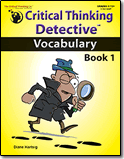

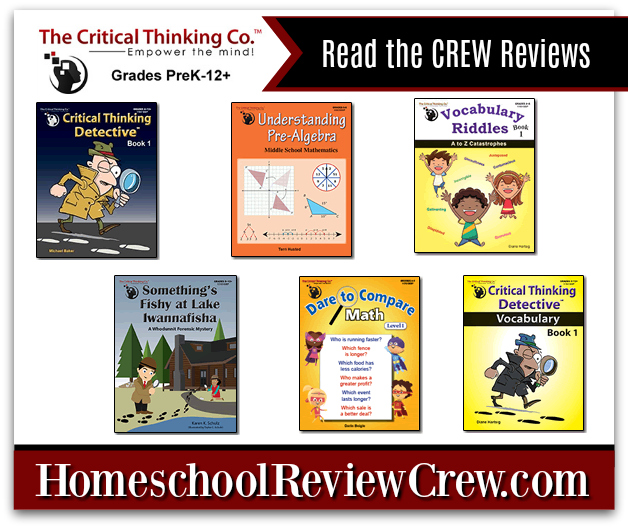

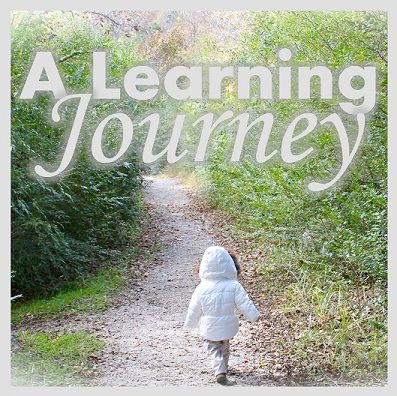














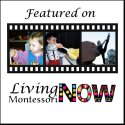
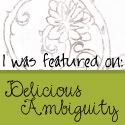

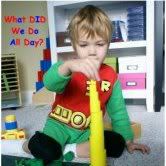



No comments:
Post a Comment